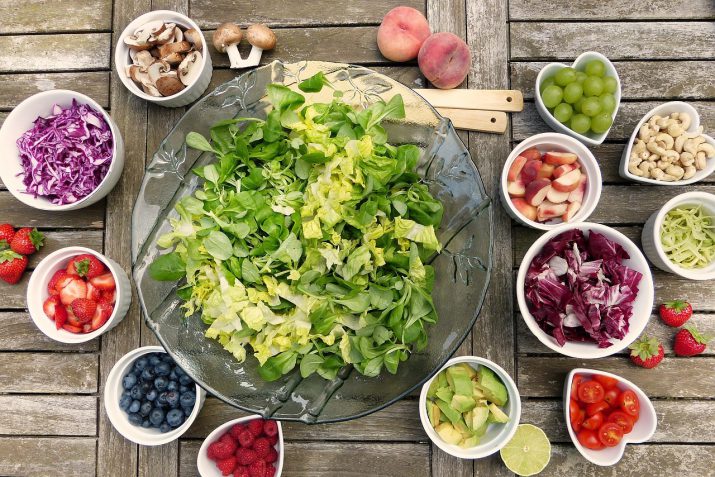Initially, when we begin a dieting process, we should aim to start on a relatively high number of calories.

Here’s why you should begin a dieting process on the most calories you can:
1. We won’t have to be on extremely low calories by week 8 for example.
2. We can maintain as much muscle mass as we can (with adequate protein intake)
3. We can keep our body happy (in terms of hormones)
Let’s use a scenario to explain this:
Person A: Hasn’t determined their body’s maintenance calories and decides to randomly just stick to a 1200 calorie diet. Let’s assume they lose weight. But by week 4 what happens? They plateau.
What do they do then? They drop their calories even further. Now they’re on 1000 calories. They can continue to do this but what happens when they’re really pushing it? They will most likely cave and binge.
Let’s look at Person B.
With Person B we take some time to see how far we can push calories up – without gaining fat and THEN drop them (appropriately)
For example, we may get Person B up to lets say 1800 calories. With this set, we can set a deficit from there.
The outcome? A more compliant, happy dieter. They should be able to sustain this for a lot longer than Person A.
Spending the time before to increase calories can be so important. Never jump straight into a deficit with no idea where your body is at.
Calories should not be feared
They help improve energy, brain function, hormones, cell health, bone density and even mental health. And saying this, they shouldn’t be derived from a load of junk. If it helps, the 80/20 rule works providing you don’t abuse it. By this I mean, 80% of your diet should be wholesome, nutritious foods and the other 20% being ‘treats’ or foods you really enjoy. Finding that balance is the key to sustainability.



